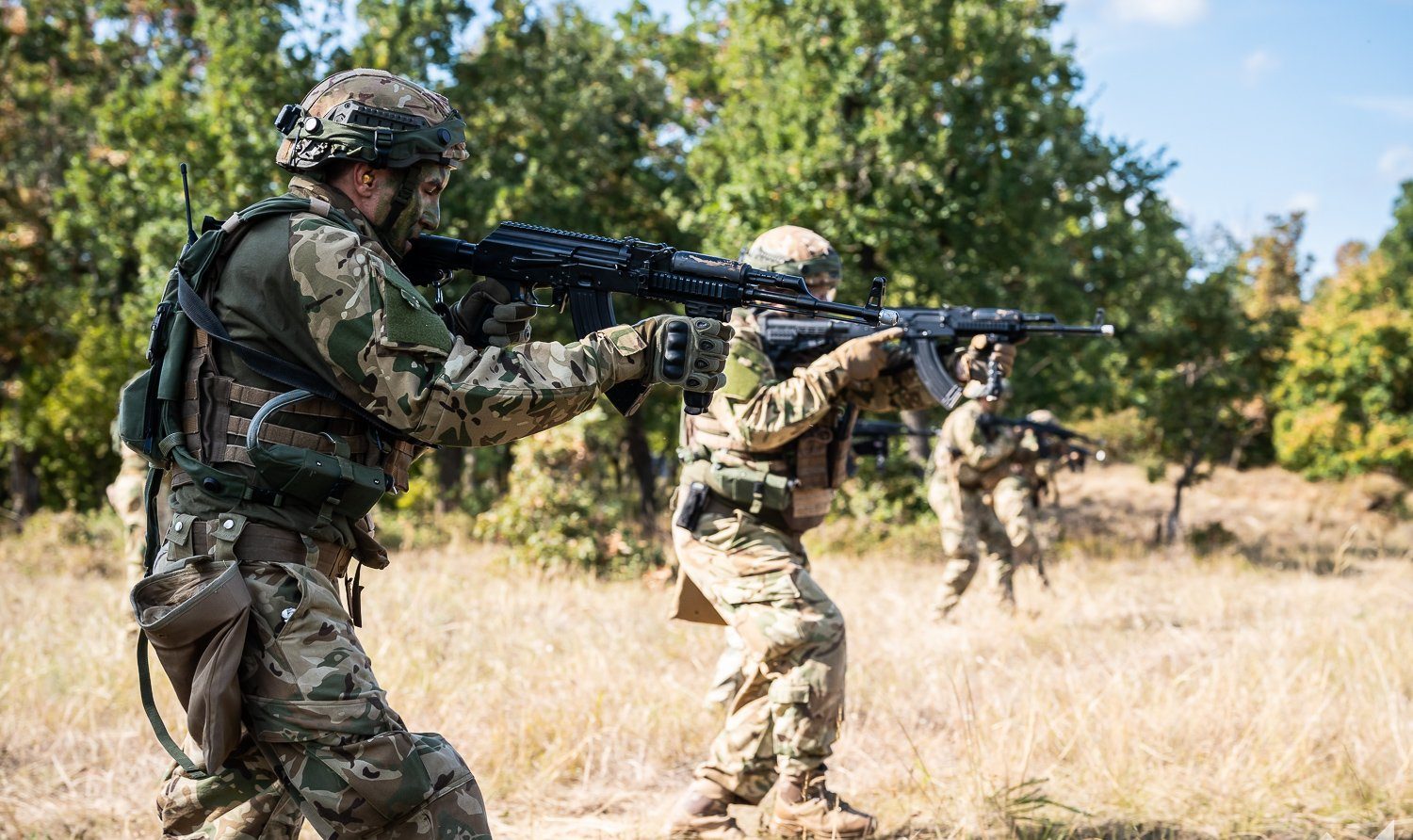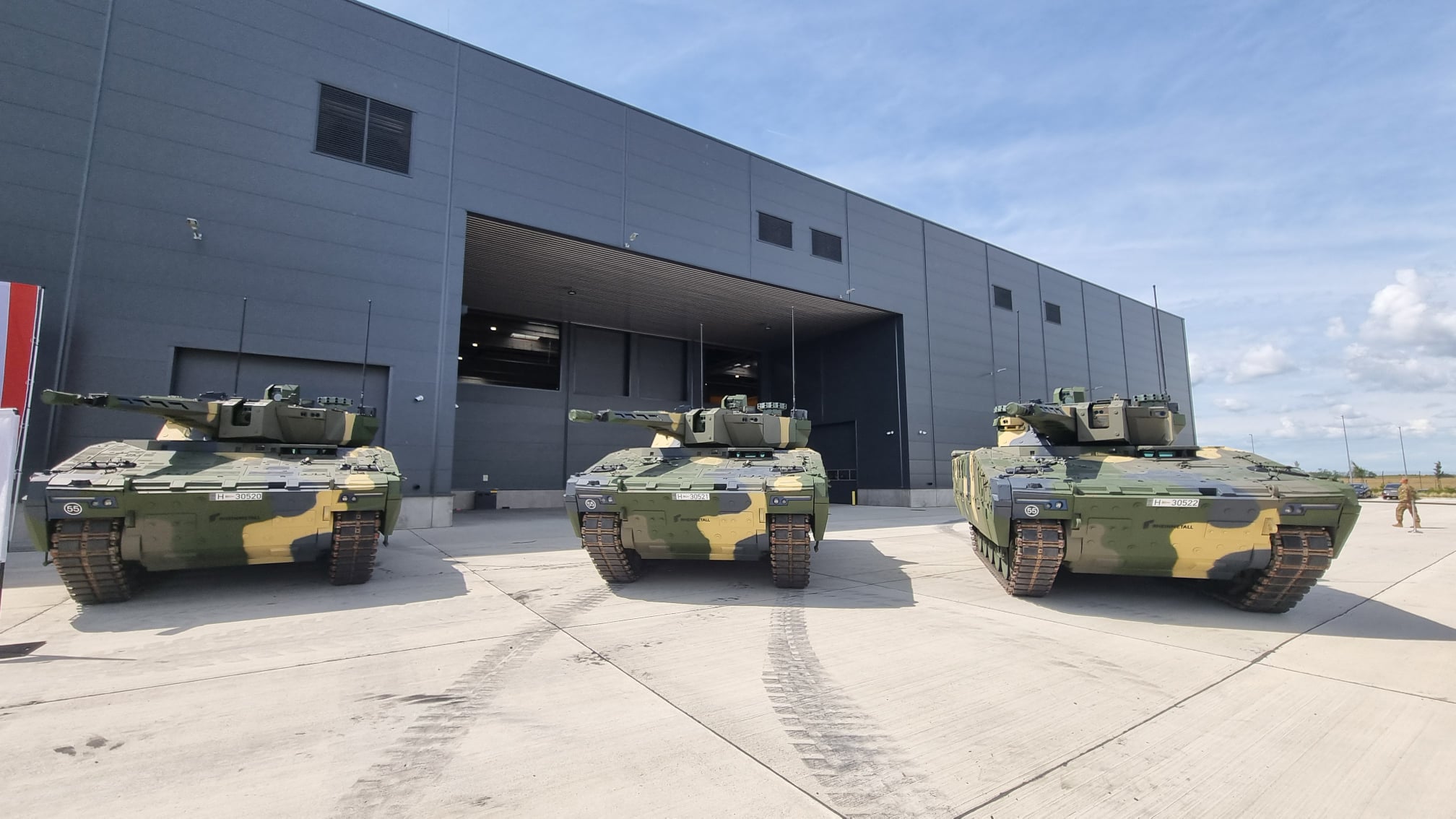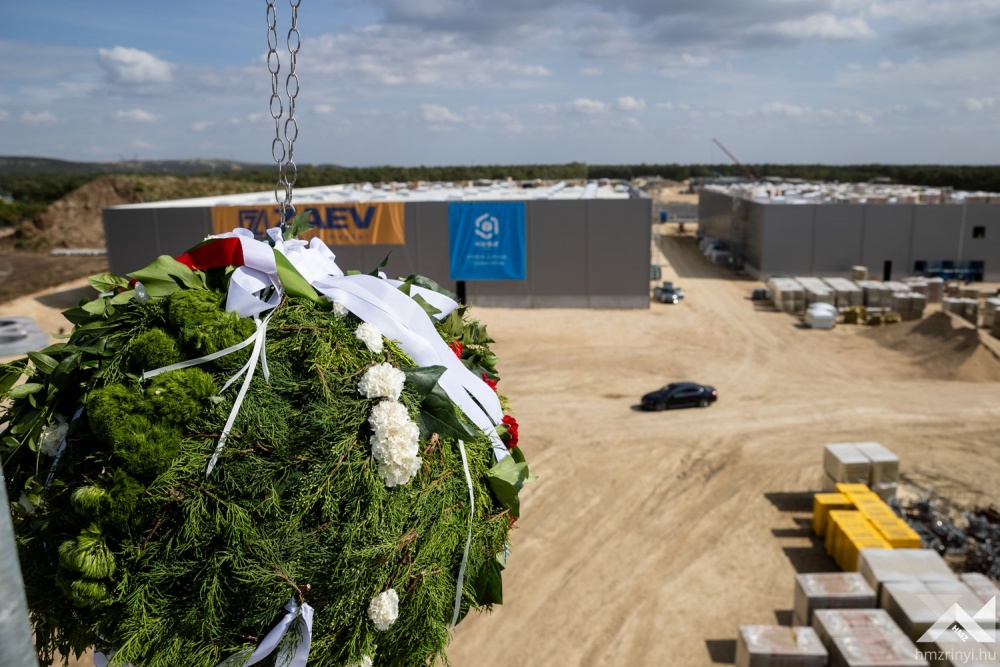
Hungary met NATO's 2% GDP defense spending target in 2023, and plans to maintain this level.Continue reading

Over the past seven years, Hungary has established six new arms factories, including one of Europe’s most advanced ammunition facilities, according to security policy expert Attila Demkó. Writing on social media, Demkó highlighted Hungary’s growing role in defense manufacturing as European nations face increasing security challenges.
The arms factories are either joint ventures with NATO allies or collaborations with Israeli partners. Among the projects listed by Világgazdaság are facilities producing tracked and wheeled vehicles in Zalaegerszeg (western Hungary), munitions and explosives in Várpalota (western Hungary), and armored combat vehicles in Győr (northwestern Hungary). Other sites include radar systems in Nyírtelek (northeastern Hungary), small arms in Kiskunfélegyháza (eastern Hungary), and helicopter parts in Gyula (southeastern Hungary).

The ammunition factory in Várpalota. Photo: honvedelem.hu
While a laser technology plant in Szeged (southern Hungary) focuses primarily on civilian applications, most of the factories manufacture NATO-compatible equipment.
Mr. Demkó noted that these developments contrast starkly with the broader European defense industry, which he criticized for its lack of initiative. He singled out Germany as an example of countries that, despite strong rhetoric, have invested minimally in defense production and modernization.
This discrepancy raises critical questions about Europe’s readiness to strengthen its military capabilities.
Hungary’s proactive approach demonstrates a commitment to bolstering NATO’s defense infrastructure, addressing both regional and global security concerns.
As debates around military readiness continue, Hungary’s investments set a compelling example for its European counterparts.
With significant investments in military technology, Hungary has partnered with Germany’s Rheinmetall to produce Lynx infantry fighting vehicles and collaborates with Airbus on helicopter parts manufacturing. Defense spending for 2025 is projected at EUR 4.2 billion, focusing on personnel, operational costs, and advanced equipment acquisitions.
Via Magyar Nemzet; Featured image via Hungary Today